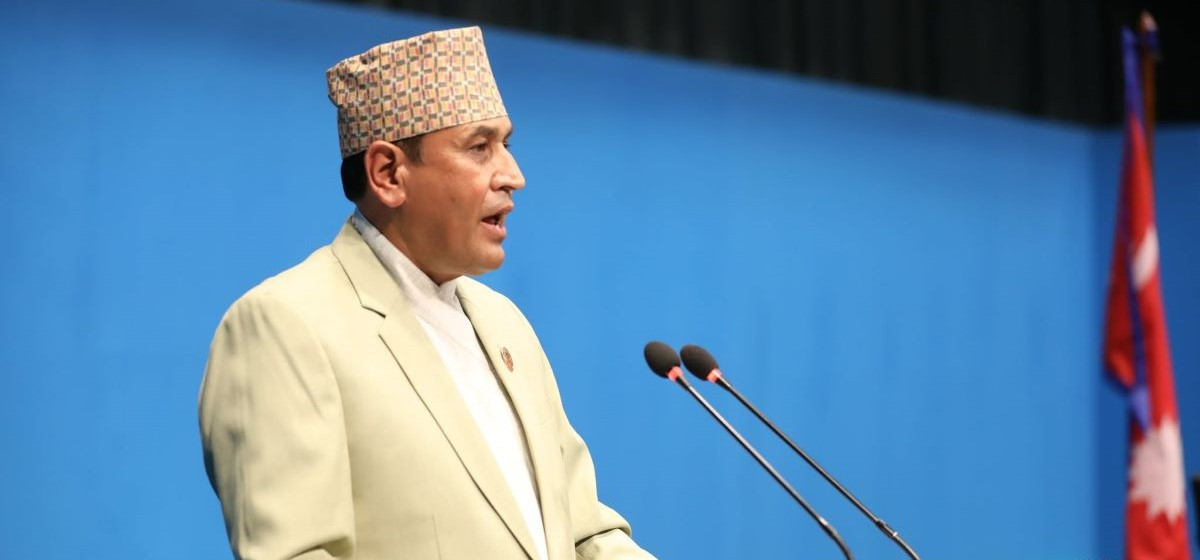Ram Hari Khatiwada, Chairperson of the State Affairs and Good Governance Committee of Parliament, has resigned following a parliamentary probe into the fraudulent alteration of the Federal Civil Service Bill. Had he stepped down before the investigation began—taking moral responsibility from the outset—he could have set a high standard and possibly made history. That opportunity is lost, but even a delayed resignation is better than none, and for that, Khatiwada deserves acknowledgment. Under his leadership, the bill contained a provision requiring a two-year “cooling-off period” before government employees could take new appointments. However, during the final editing of the committee’s report, the provision was deliberately altered. Khatiwada signed the tampered document and sent it to Parliament. Once this manipulation was exposed, a parliamentary investigation committee was formed.
Jury’s swift verdict for Chauvin in Floyd death: Guilty

Moral responsibility for the scandal should not rest solely on Khatiwada. The Speaker of the House of Representatives and the Prime Minister now have a clear duty to act against the employees explicitly named in the investigation report. The committee recommended that Khatiwada accept “political and moral” responsibility and that legal proceedings be initiated against the committee secretary and other officials involved. It also stated that the roles of the Chief Secretary to the Council of Ministers and the Secretary General of Parliament in the affair were “unbecoming of their positions.” In his resignation speech, Khatiwada demanded legal action against the employees identified in the report. He also questioned the motives of the ruling CPN-UML, noting that its lawmakers in the National Assembly had registered a motion opposing the “cooling-off period” provision. UML’s role and intent have been questionable from the outset. The Chief Secretary and Secretary General—both central in the campaign against the provision—were reportedly appointed through political favour rather than standard procedures. This has intensified suspicions that UML leaders are shifting all blame onto Khatiwada to shield others.
While Khatiwada has accepted moral responsibility, the primary culpability—based on responsibility, intent, and benefit—lies with the employees who engineered the fraud. Having undermined the provision, they may now be working to block the bill entirely. The ongoing dispute in the National Assembly appears aimed at stalling the legislation, which would effectively remove the two-year waiting requirement. Ironically, UML members on Khatiwada’s own committee had initially agreed to include the provision. National Assembly members are, of course, free to propose amendments. But in terms of accountability, the Speaker and the Prime Minister have a moral and institutional obligation to ensure the guilty are punished. Responsibility must not stop with Khatiwada. To safeguard the credibility of the parliamentary committee—and of Parliament itself—those named in the investigation must face legal consequences. Failure to act will deepen suspicions over UML’s conduct and further erode discipline within the civil service.



































